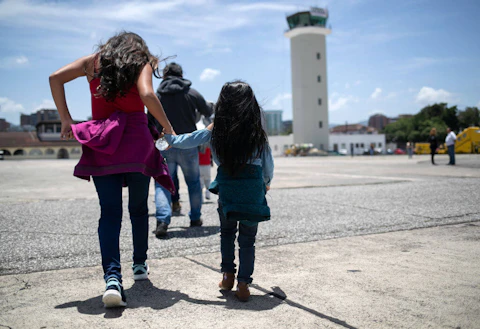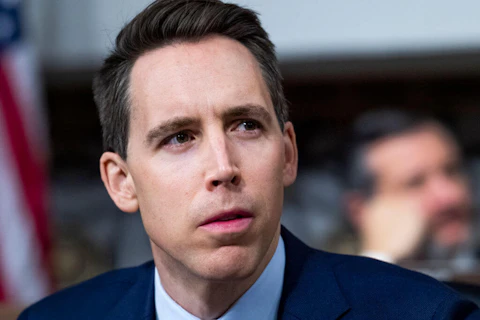The lawsuit states that Trump’s executive order is impeding on voters’ rights to receive correct information about voting.
There’s no question that President Donald Trump has an opinion about the nation’s voting system. However, according to a lawsuit filed by voter advocates and government watchdogs, there is a problem when the president spreads lies about voting on social media.
Platforms such as Twitter and Facebook have the right to censor the president if he violates their terms. Yet in spite of using Twitter on a daily basis to rally his base, Trump considers the platform to be censoring him. That’s why on May 28 he issued Executive Order 13925, “On Preventing Online Censorship,” an effort to reduce the power of online platforms to engage in what he considers “selective censorship that is harming our national discourse.”
RELATED: We Break Down the Dos and Don’ts of Voting by Mail in Florida
On Aug. 27, several groups, including Protect Democracy, Voto Latino, and Free Press, filed a lawsuit against the Trump Administration in the U.S. District Court of Northern California for spreading misinformation about voting rights. The lawsuit challenges his executive order for attempting to block voters’ access to mail-in voting information on social media, in violation of the First Amendment.
“For nearly four years, this president has belittled and attacked anyone who has not bent to his will,” said Danny Friedman, Managing Director of Voto Latino. “By seeking to impose his thin-skinned insecurities on private companies, he is attempting to subvert our election, stifle robust public debate, and create barriers to the work that Voto Latino and other organizations engage in every day. The President and his enablers are sowing chaos and misinformation in order to undermine a free and fair election. We will not allow it.”
Ngozi Nezianya of Protect Democracy explained to The Americano how this lawsuit aims to protect social media platforms from performing their moderation, while also giving way to accurate information about voting.
“The executive order still directs the heads of agencies to take action consistent with it and to interpret Section 230,” Nezianya said. “Even though Twitter has continued to monitor his speech on their platform, the executive order is still having a chilling effect.”
He went on to say that these platforms, particularly Twitter, have a right to speak and comment on speech that is hosted on their platform. The president’s executive order prevents them from doing that.
“We want voting information to come to the forefront, not to silence the president, but that the executive order doesn’t silence the moderation of his tweets which includes their fact-checking and moderation and including their decision about which speech to host and not to host,” Nezianya said.
The lawsuit stems from a May 26 tweet by the president when he made a false statement about voting in California: “There is NO WAY (ZERO!) that Mail-In Ballots will be anything less than substantially fraudulent. Mail boxes will be robbed, ballots will be forged & even illegally printed out & fraudulently signed.”
Twitter censored the president and issued a message directing people to factual information about their voting rights. “We added a label to two @realDonaldTrump Tweets about California’s vote-by-mail plans as part of our efforts to enforce our civic integrity policy,” Twitter posted. “We believe those Tweets could confuse voters about what they need to do to receive a ballot and participate in the election process.”
In response to those labels, Trump signed the executive order claiming that Twitter’s censorship against him violates the First Amendment. The lawsuit against that executive order states that voters have a right to receive correct information about voting and the president is impeding that.





